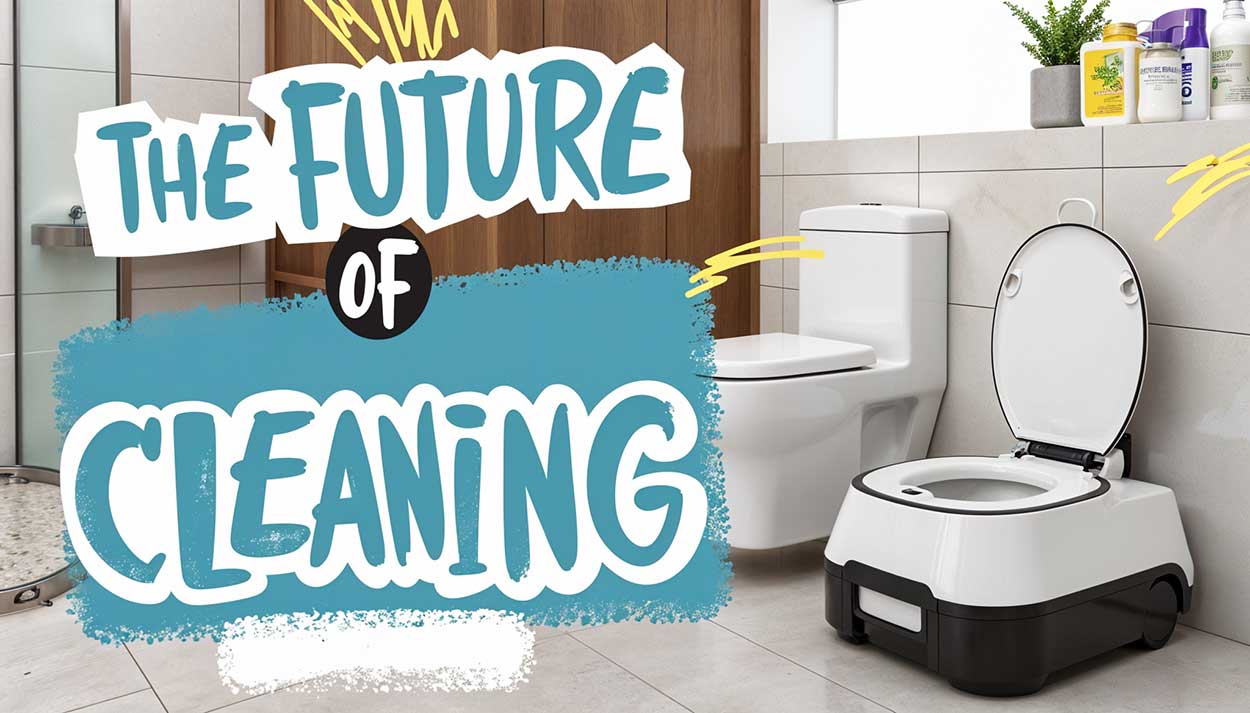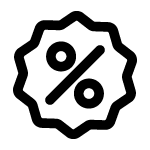
Explore the transformative impact of robotics and sustainable practices in Singapore's cleaning industry. This blog delves into cutting-edge technologies, regulatory standards, and emerging market trends, offering actionable insights for businesses to stay competitive and eco-friendly.
Introduction: The Rise of Toilet Cleaning Robots in Singapore
Singapore's cleaning industry is on the brink of a technological revolution, driven by the integration of robotics and a strong emphasis on sustainability. As the nation strives to enhance cleanliness standards while addressing manpower shortages, the adoption of advanced technologies and eco-friendly practices is becoming essential. This blog post explores the latest innovations, regulatory frameworks, and market trends shaping the future of cleaning in Singapore, with a special focus on the rise of toilet cleaning robots.
Latest Cleaning Technologies: The Role of Toilet Cleaning Robots
Robotics in Cleaning: A Game-Changer for Public Hygiene
The introduction of robotics in the cleaning sector marks a significant leap towards efficiency and precision. Autonomous cleaning robots, like the Abluo developed by HiveBotics, are designed to tackle the challenges of maintaining public hygiene. Inspired by the initiative reported by AsiaOne, where toilet cleaning robots are set to start scrubbing public toilets by early 2024, these robots are equipped with sensors that provide a 3D view of their surroundings, enabling them to navigate and clean autonomously. By performing tasks such as scrubbing, mopping, and sanitizing with steam sprays, these toilet cleaning robots reduce the time human cleaners spend on routine tasks, allowing them to focus on more complex duties.
IoT and Smart Cleaning Solutions
The integration of the Internet of Things (IoT) in cleaning operations is revolutionizing how services are managed. IoT-enabled devices provide real-time data on equipment performance and usage, facilitating predictive maintenance and optimizing cleaning schedules. This connectivity ensures that cleaning operations are not only efficient but also cost-effective, aligning with Singapore's smart nation initiatives.
Sustainable Cleaning Practices: Supporting a Greener Future
Eco-Friendly Cleaning Agents
With growing environmental awareness, there is an increasing demand for eco-friendly cleaning products in Singapore. These products are formulated with biodegradable ingredients that minimize environmental impact while maintaining high cleaning standards. Businesses adopting green certifications are more likely to attract environmentally conscious clients, enhancing their market appeal.
Water and Energy Conservation
Sustainability in cleaning also involves reducing water and energy consumption. Implementing water-efficient systems and energy-saving equipment helps lower operational costs and supports Singapore's sustainability goals. Techniques such as microfiber cleaning and low-water-use methods are gaining popularity for their effectiveness and environmental benefits.
Industry Regulations and Standards: Ensuring High-Quality Cleaning
Compliance with Local Standards
Adhering to Singapore's stringent cleanliness and hygiene regulations is crucial for businesses in the cleaning industry. The Building and Construction Authority (BCA) sets guidelines that ensure high standards of hygiene in both commercial and residential properties. Compliance not only helps businesses avoid penalties but also enhances their reputation.
Health and Safety Protocols
In light of global health concerns, robust health and safety protocols have become paramount. Cleaning companies must implement comprehensive procedures to protect their employees and clients, including the use of personal protective equipment (PPE) and adherence to infection control measures.
Market Trends and Opportunities: The Growing Demand for Toilet Cleaning Robots
Demand for Specialized Services
The cleaning industry is witnessing a growing demand for specialized services such as deep cleaning, industrial cleaning, and post-construction cleaning. By offering niche services, businesses can differentiate themselves and cater to specific client needs, gaining a competitive edge.
Digital Transformation
Digital tools are streamlining cleaning operations by automating scheduling, tracking performance, and enhancing customer service. Mobile applications and online platforms enable clients to book services, provide feedback, and access real-time updates, improving overall customer experience.
Case Studies and Success Stories: Toilet Cleaning Robots in Action
Robotics in Action: HiveBotics' Abluo Robot
A case study of HiveBotics' Abluo robot highlights the benefits of embracing automation in cleaning. The robot, which is being trialed in various public spaces, has shown a significant reduction in cleaning time and labor costs, demonstrating the potential for robotics to transform the industry. This initiative is inspired by the AsiaOne report, which highlights the deployment of toilet cleaning robots in public toilets starting in early 2024.
Sustainable Practices Driving Success
Another case study involves a cleaning company that adopted eco-friendly products and practices, leading to increased client retention rates and a stronger brand image. This demonstrates the tangible benefits of sustainability in business operations.

Conclusion: The Future of Cleaning with Toilet Cleaning Robots
The cleaning industry in Singapore is poised for significant advancements through the adoption of robotics and sustainable practices. By staying informed about the latest trends and adhering to industry standards, businesses can thrive in this evolving landscape. Embracing innovations like toilet cleaning robots not only enhances operational efficiency but also contributes to a healthier and more sustainable environment.







